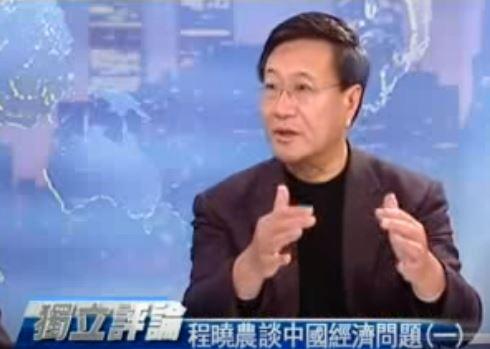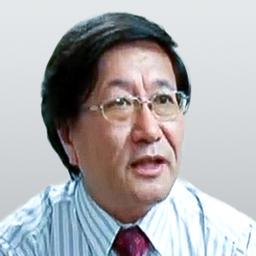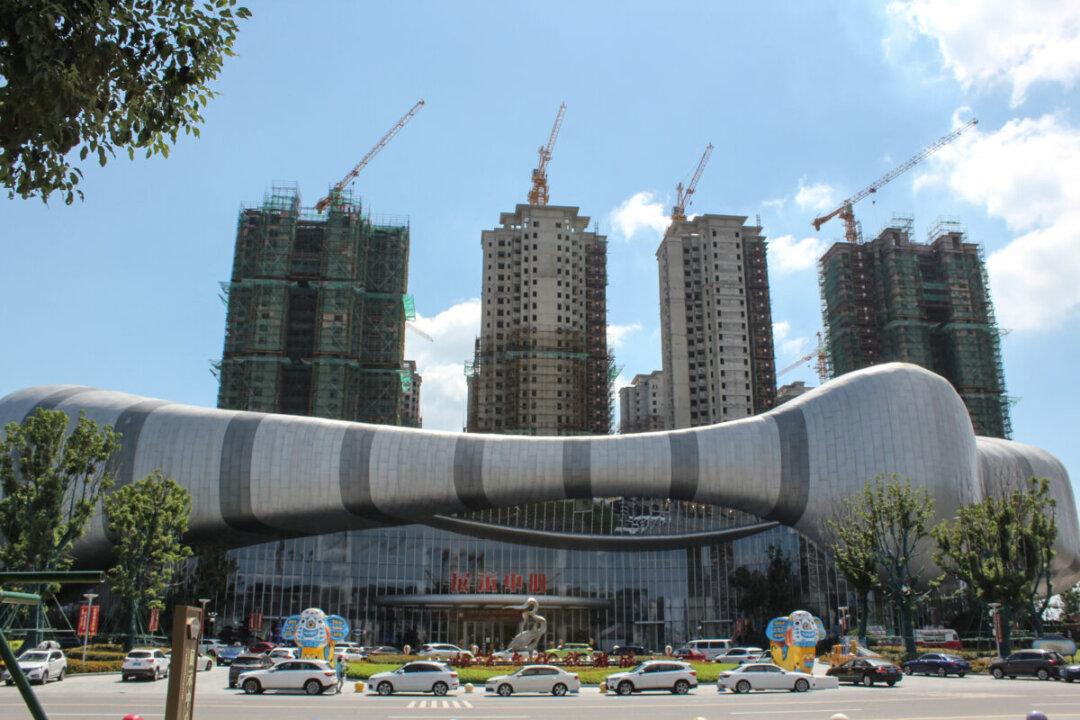This is the final of a four part series. Parts one, two, and three were published previously.
Since Marx created his communist theory, China’s has become the first capitalist economic system under communist party rule. The Chinese Communist Party (CCP) started its reign by eliminating capitalism—transforming private ownership into state ownership—but was unable to create a successful socialist economic system. It finally had to switch back to a capitalist system to extend its rule.
During the reform to private ownership, CCP officials at all levels, and their families, became entrepreneurs, large property owners, and huge financial asset owners. Their process of wealth accumulation has been one of darkness and crime. They thus needed the red regime to protect their property and lives, and they also needed government monopolies to continue amassing more wealth. Therefore, these people are the strong supporters of China’s current system, rather than facilitators of democratization.
Unlawful Misappropriation
How did the CCP’s red elite go from owning nothing to becoming super wealthy in a short period of 20 to 30 years? This is the communist-capitalists’ secret and the guide to understanding the communist capitalist system and the future political direction of the CCP interest groups. Basically, they achieved it through unlawful misappropriation of public assets, maintaining monopolies of important industries, and by manipulating policies to gain benefits and maintain their authoritarian rule.






